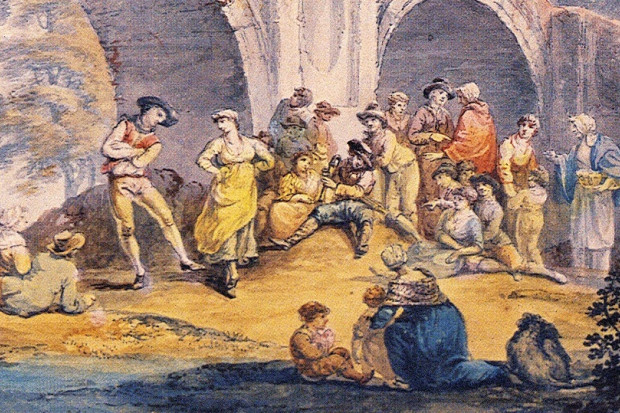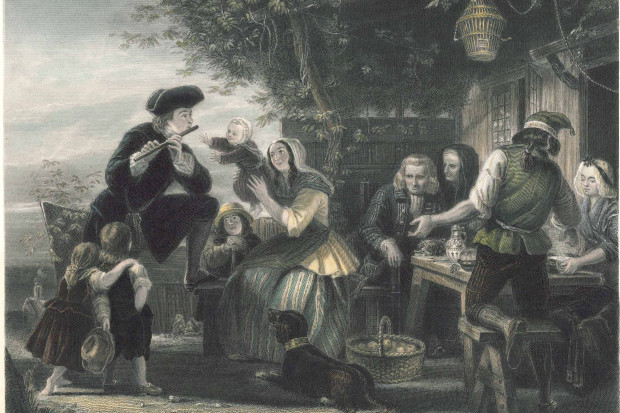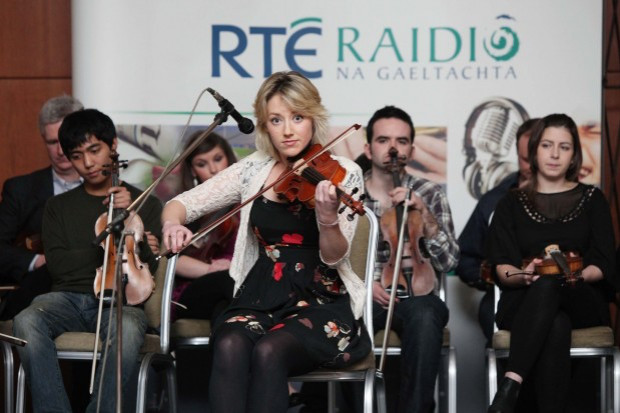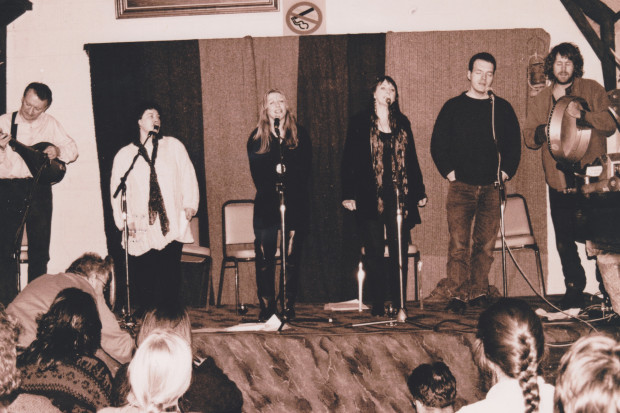Letters: Re-presenting the Voice of Petrie
Dear Editor,
Let me open this response to Tom Munnelly’s review of my new edition of The Petrie Collection of the Ancient Music of Ireland by remarking that I have no problem agreeing with much of his criticism of Petrie. As I note in my introduction to the edition, he was a man of his time, class and background, and his collection certainly does not display scientific rigour (though to expect the latter of Petrie is perhaps wishful thinking given that the notion of musicology as a ‘scientific’ discipline did not begin to emerge until the 1860s, and comparative musicology not until the 1880s). Petrie was also something of a prude, and perhaps gave in too easily to the desire to protect his readers from anything that whiffed of the salacious (though I feel that Munnelly exaggerates Petrie’s tendency in this area somewhat).
Certainly, Petrie had many failings as a collector, but he must at the very least be given credit for taking the very considerable effort to assemble such an enormous quantity of material, even if his commentaries (which are interspersed with extensive quotations from Eugene O’Curry and Patrick Joyce) are of variable quality and interest. I (and I imagine many other readers) would find it hard to agree with Munnelly’s sweeping comment that they are ‘lamentable’.
My own motivation for producing this edition was very simple. Several years ago I came across a reference to Petrie’s book when working on a piece of research relating to Ulster ‘party’ songs, but found it extremely difficult to lay my hands on a copy. As apparently no one had seemed inclined to produce a new edition, I felt that it would be a useful resource to make more freely available. My intention was to produce an edition that stayed close to Petrie’s original while removing some of its idiosyncrasies. Thus, although the Irish font may be, as Munnelly notes, very beautiful, it is not particularly legible, and I think it is fair to say that the majority of contemporary readers are more familiar with reading Irish in a roman font. I invited Dr Lillis Ó Laoire to modernise the spelling and comment on the Irish where relevant. I also chose to remove the piano accompaniments from the tunes (though all of these have been digitised and I hope to make them available on a website in due course) to facilitate the tracing of alterations introduced to the tunes between collection and publication by Petrie. The key signatures, some of which may seem to some traditional musicians to demonstrate Petrie’s lack of sympathy for the tradition, have been retained from a desire to be faithful to the original.
Tom Munnelly criticises me for not producing a ‘scholarly’ edition – one which effectively provides a running commentary on Petrie’s shortcomings, and corrections of his errors (whether of fact, taste or judgement). Such an edition would clearly have been possible, but I am by no means convinced of its ultimate value. It would have been akin to taking a mid-nineteenth century medical textbook and updating it in the light of contemporary knowledge and developments in medicine over the intervening period. Surely when we read a work like Petrie’s (or the nineteenth-century medical treatise) we are interested in the story it tells about its own time and the context from which it sprang, and we do not expect it to be an up-to-date reference work. The danger, of course, is that in its decoding of the original, the ‘scholarly’ edition simply re-encodes it through the prejudices of the modern editor. I hope that by allowing Petrie to speak for himself, without the interference of a second layer of commentary troping the first, he will be able to enter the debate again, presenting his perspective (albeit at times perhaps distorted) on the very many voices of ‘the people’, and contributing to our understanding of the reception of traditional music in Irish bourgeois society in the mid-nineteenth century.
David Cooper
University of Leeds
Published on 1 March 2003











